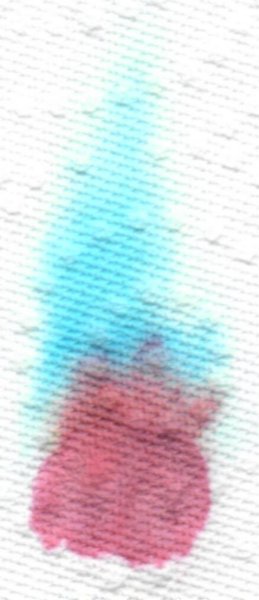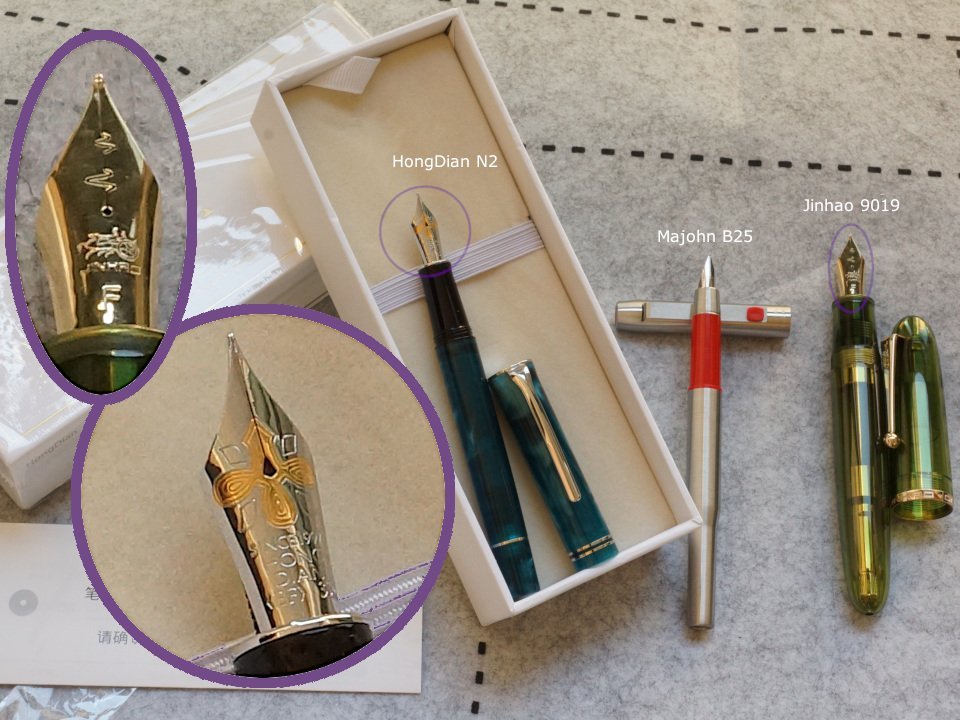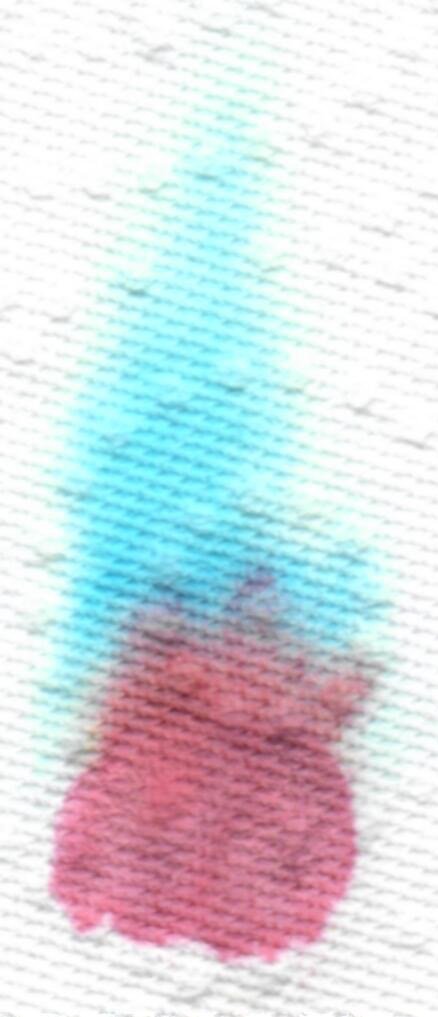G A R R, Generally Accepted Research Rules,
-
Forum Statistics
355.5k
Total Topics4.6m
Total Posts -
Member Statistics
128,423
Total Members18,857
Most OnlineNewest Member
Maheshwaran
Joined -
Images
-
Albums
-
Chinese pens
- By A Smug Dill,
- 22
- 100
-
00-Feb-March-April2025
- By yazeh,
- 0
- 0
- 78
-
USG 10
- By USG,
- 0
- 0
- 79
-
GlenV
- By GlenV,
- 0
- 2
- 83
-
Dan Carmell
- By Dan Carmell,
- 0
- 3
- 68
-


















.thumb.jpg.f07fa8de82f3c2bce9737ae64fbca314.jpg)



desaturated.thumb.gif.5cb70ef1e977aa313d11eea3616aba7d.gif)







Recommended Posts
Create an account or sign in to comment
You need to be a member in order to leave a comment
Create an account
Sign up for a new account in our community. It's easy!
Register a new accountSign in
Already have an account? Sign in here.
Sign In Now